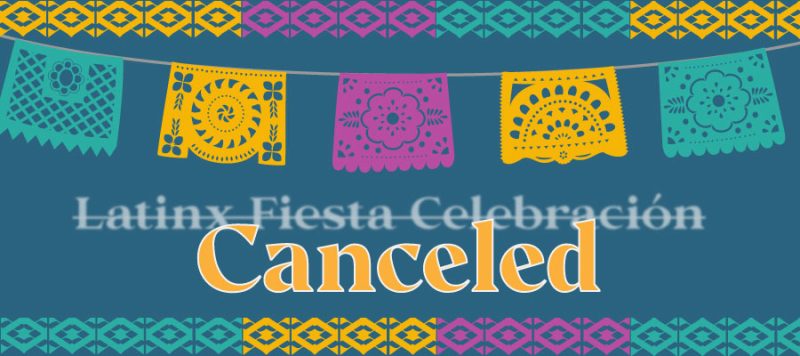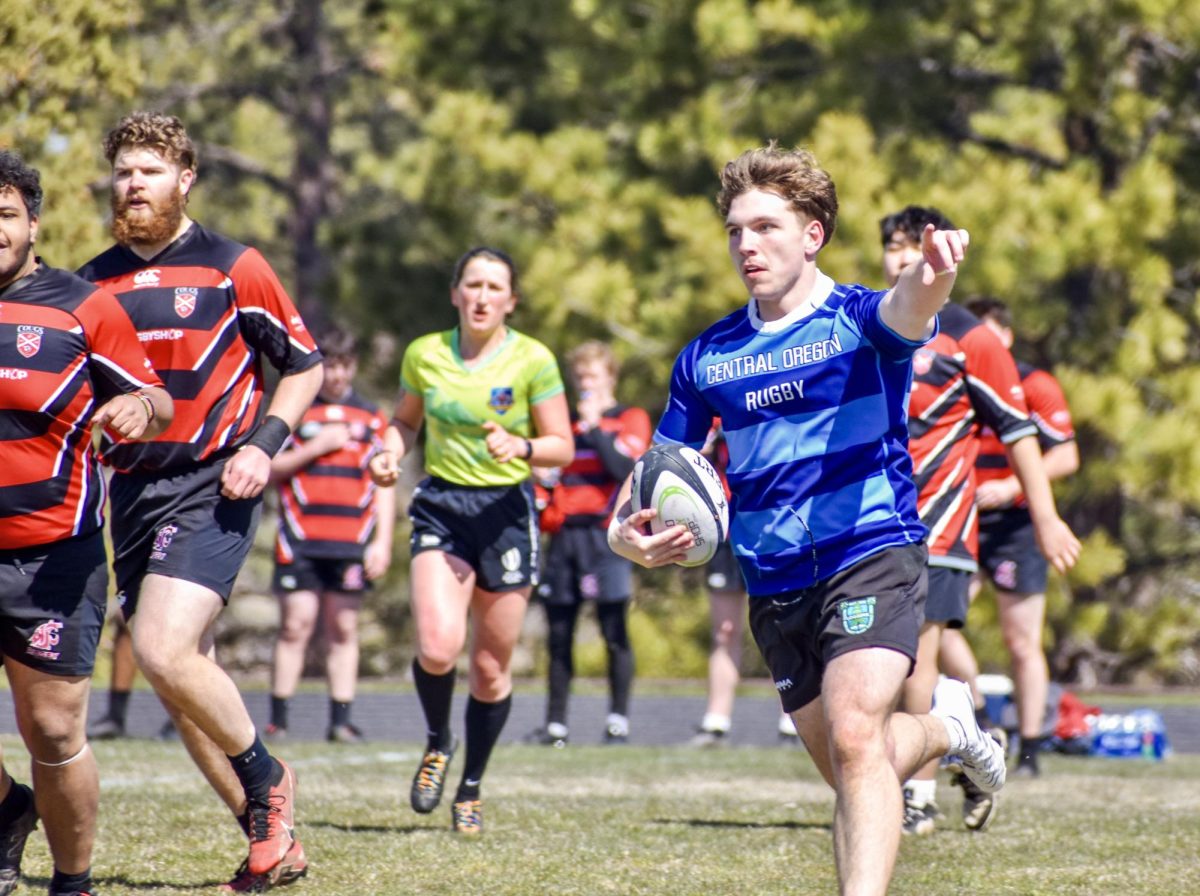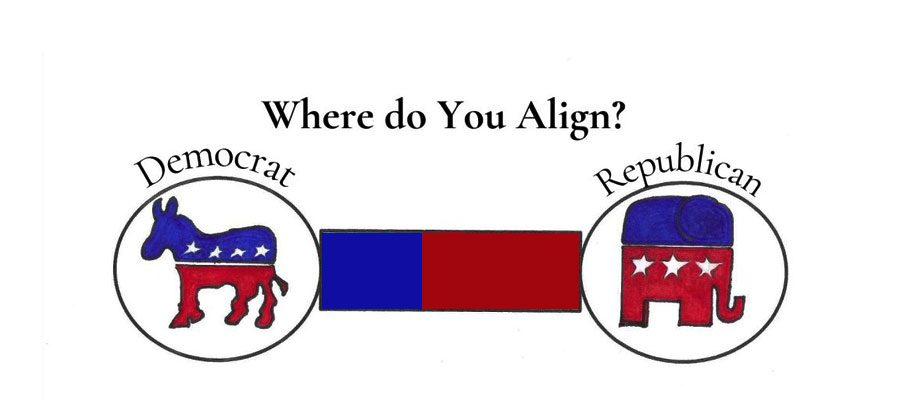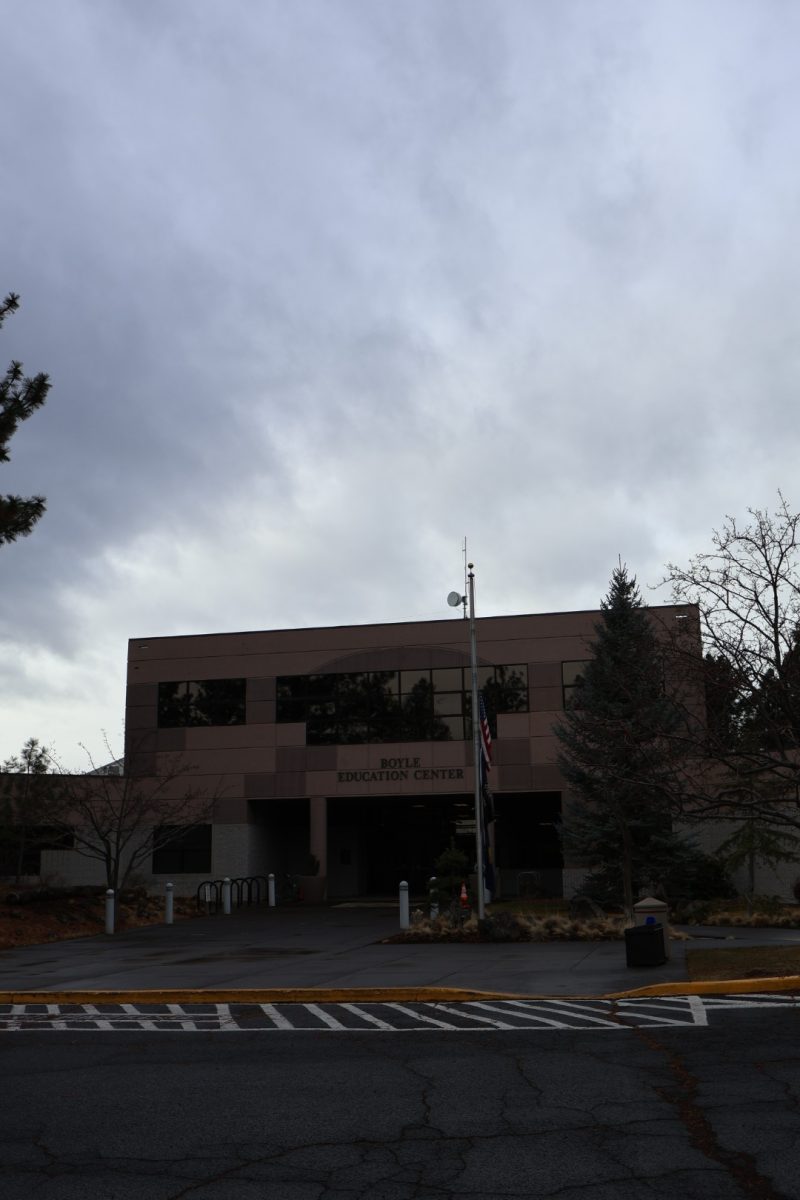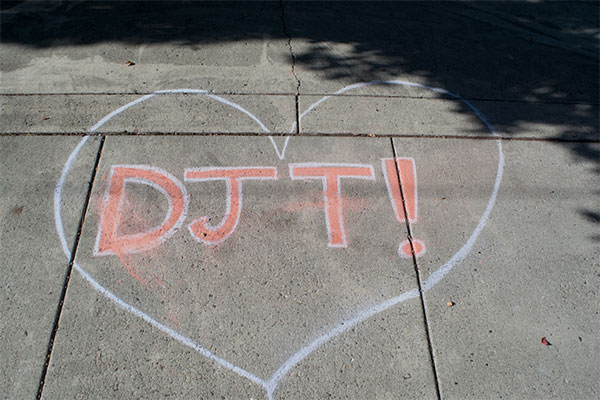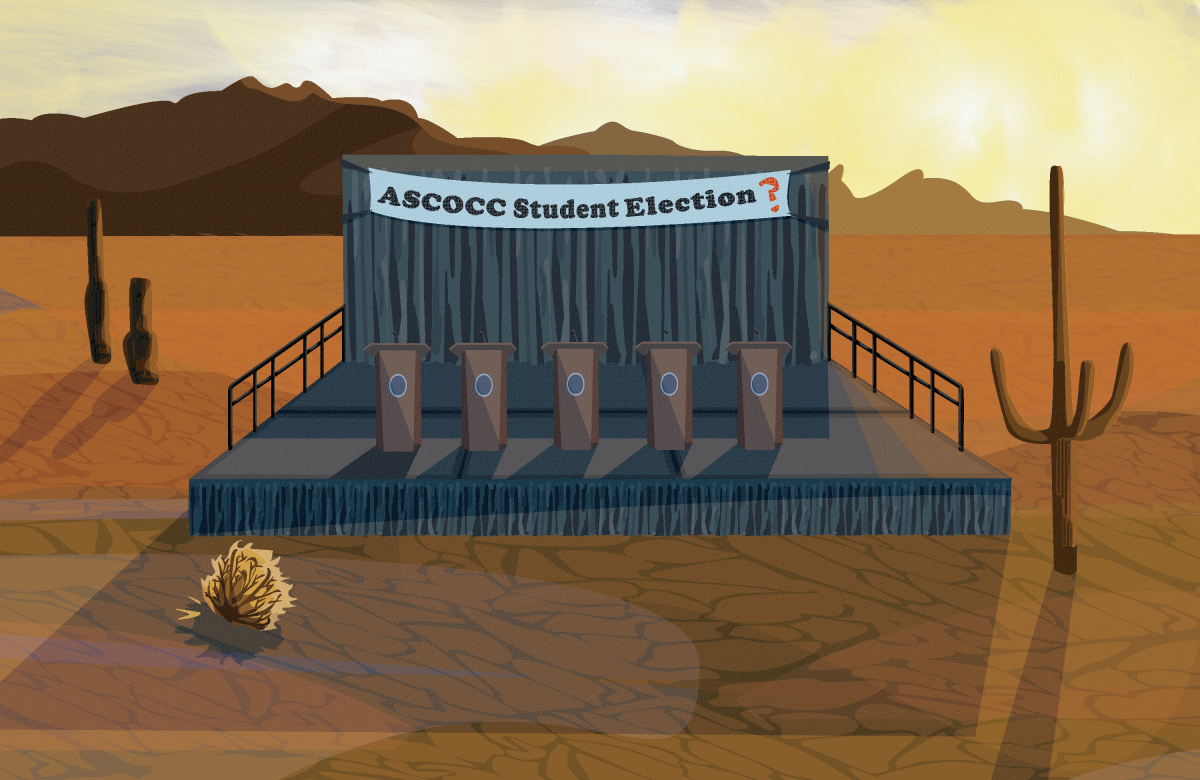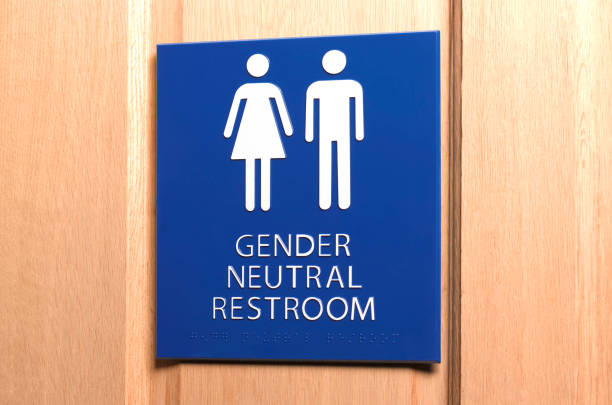Diversity, equity and inclusion, commonly known as DEI, has become a controversial topic and has come under fire recently. The Trump Administration revoked DEI policies through several executive orders in mid-January.
These executive orders, along with actions taken by the “Department of Government Efficiency,” created by the Executive branch, have left a trail of uncertainty, with unknown consequences in its wake. Though the executive orders are not laws, they redefined terms on already existing legal statutes. The effects were felt through many federal agencies, including the U.S. Department of Education.
This new anti-DEI climate impacted Central Oregon Community College. In a Feb. 14 letter by the Department of Education to both K-12 programs and numerous colleges, including COCC, in relation to Title VI violations, the department alleged that DEI programs were discriminatory against Asian students and white students.
Also, the letter claimed that “Educational institutions have toxically indoctrinated students with the false premise that the United States is built upon systemic and structural racism,” under the guise of DEI. If a college or K-12 school or education program did not correct these alleged violations, the institution’s federal funding would be revoked.
Vice President of Student Affairs Alicia Moore explained that COCC is adhering to the U.S. Department of Education’s federal directive letter. Moore said the college does not use any sociodemographic information like ethnicity, gender or race to influence the student admission process or the promotion of faculty, or staff. There are goal-based processes for promotions, and the college has an open and inclusive admissions process.
Christy Walker, dean of equity and well-being, echoed Moore’s statements. She explained that, “things come and the automatic reaction is to have like fear of, like, ‘oh my gosh, can we operate this way?’ But when we were able to look at how we’ve run, it’s always been open and inclusive and welcome so that … we were able to high-five and be like, yeah, we’re doing it in this inclusive way already.”
Recently, the Latinx Fiesta Celebration was canceled in a press release by COCC on April 15. The college pivoted to split it into smaller events to keep the spirit of Latinx Fiesta while also keeping safety in mind for community members.
In terms of the multicultural student programs themselves, the funding for the programs like the 2SLGBTQIA+, Latinx, Native American, Veteran and Afro-Centric clubs, are unaffected and supported under a general fund. Among other changes at the college was the reorganization of student affairs last July. The department was restructured so diversity and inclusion programs along with well-being support were moved under Walker’s supervision.
So far there has been no change to student federal and state financial aid, like Free Application for Federal Student Aid or Pell Grants. It should be noted though that COCC fully supports and funds the equity and inclusion programs without any federal support. There was one $60,000 grant, however, from the National Endowment for the Humanities, that was withdrawn by the federal government.
Moore and Walker said students had reached out to them with concerns about news headlines about DEI, and what the college was doing in response.
“Students have questions … like, is this going to impact them? Are they still welcome here …. We do our best to reassure them that, yes, you are welcome here. We are going to continue moving forward, we will continue celebrating and uplifting culture,” said Walker
Native American Student Program Coordinator Jeremiah Rector said his job is to help connect Native American and indigenous students to resources, within and outside the college, by working with the tribal members from the Confederated Tribes of Warm Springs and Klamath along with others in the Native American communities.
“My job is to find ways for them to get their education, whether it’s financial aid, other resources and again, those are one of the things that I do, my job is to keep up with those current events… and assuring them (students) through Native American policy, Native American treaties with the United States government, not just the current ones.”
Rector advises Native students to learn about their people’s treaties. He encourages them to speak to their tribal leaders, and gain knowledge about their history and rights. Rector also emphasized that his job is to allow students to feel a sense of safety and belonging no matter what.
“DEI … is not just Black and white. It’s … everything.” Some of the students Rector works with are also part of the Latinx and 2SLGBTQIA+ communities.
Afro-Centric Student/College Prep Coordinator Marcus LeGrand shared feedback from students: “When we do have our club meetings, students talk about, ‘hey, here’s what’s going on?’ …. The key piece for them, because they recognize that what’s going to happen, is if they do continue to demolish many of the equitable resources that are out there, … their voice is not going to be heard. That’s what they (are) mostly concerned about.”






